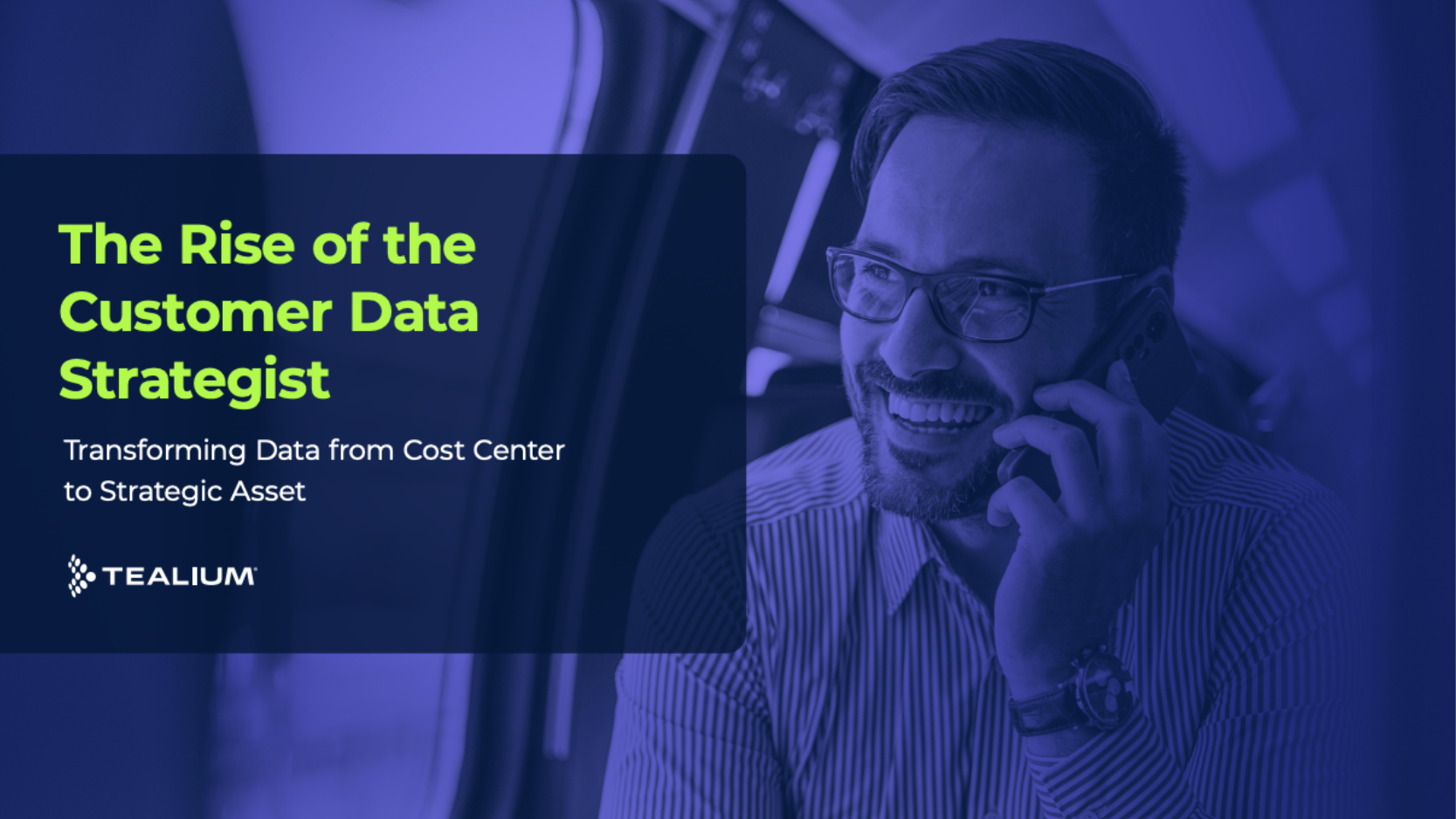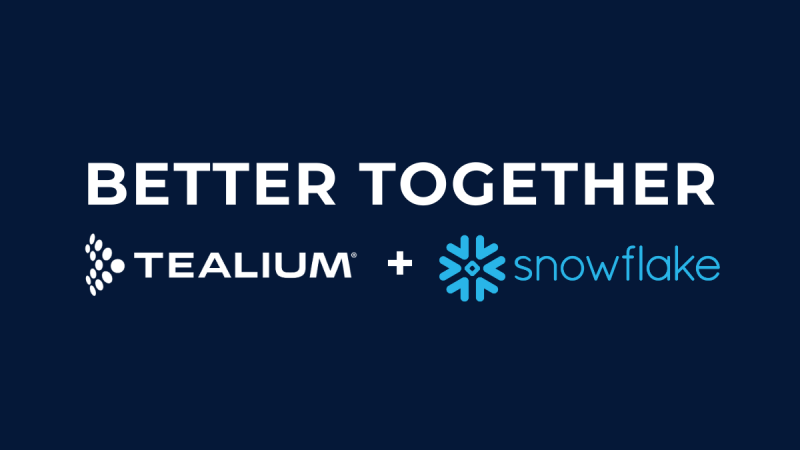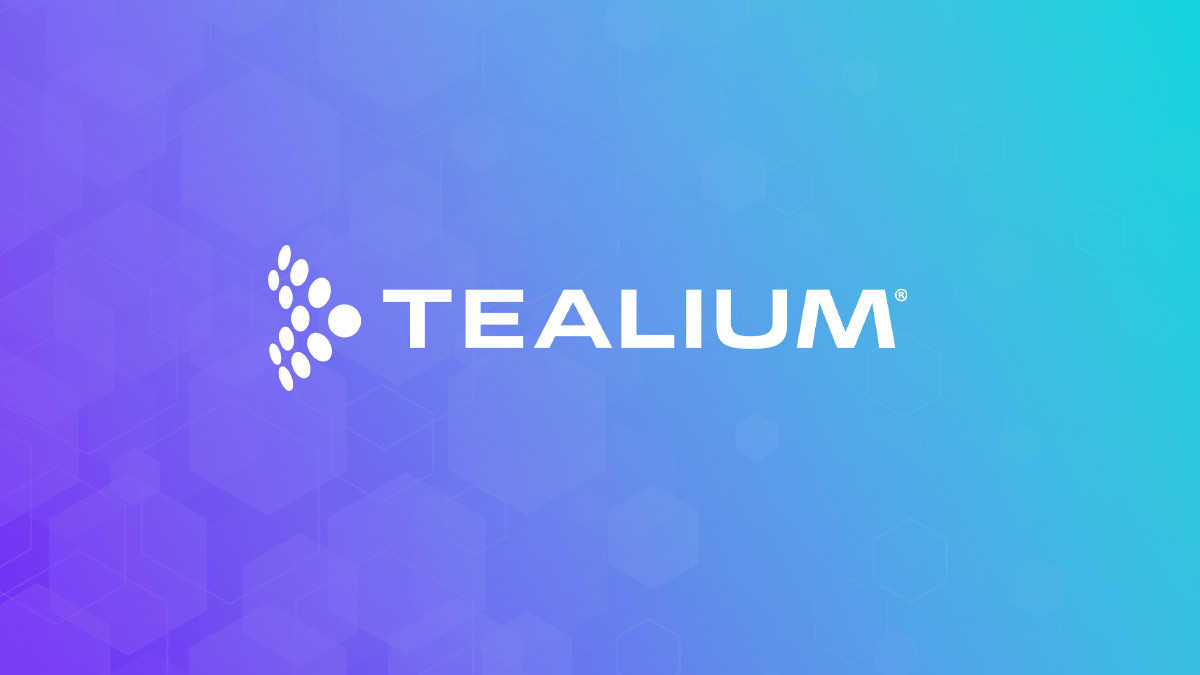For Artificial Intelligence (AI) to be effective, it needs to be fueled by good, quality data, much like how we rely on healthy foods for nourishment. The quality of data plays a pivotal role in shaping AI’s capabilities, decisions, and outcomes. But what happens when AI is fed bad data? The repercussions are profound, often cascading through various aspects of its functioning, potentially leading to unintended consequences and far-reaching impacts. In this blog post, we’ll explore risks like diminished accuracy, erosion of trust, and legal issues. Additionally, we’ll explore a better path forward by committing to data integrity and compliance.
The Golden Rule of AI
The old adage of if you put garbage in, you get garbage out applies to AI as well. Imagine a scenario where an AI algorithm is trained on data that is not AI compliant. The output becomes flawed and dangerous, mirroring the distortions inherent in the input it receives. Just as a house built on a shaky foundation is prone to collapse, AI that is built on erroneous and sensitive data is destined to yield flawed results. Data collection should be a strategy, not an afterthought.
Diminished Accuracy and Reliability
AI’s primary strength lies in its ability to analyze vast amounts of data and make predictions or decisions. However, when fed with inconsistent, sensitive, or non-standardized data, its outputs become unreliable and unusable.
Let’s look at an example. A self-driving car that relies on faulty data might misinterpret traffic signals, leading to potentially dangerous situations like collisions. Now, let’s examine this from a customer trust perspective. Imagine your AI insights lead your marketers to make the wrong decisions in the moments that matter. This could not only erode customer trust but cost your business in other aspects like profits, resources, and reputation.
As AI integrates into various aspects of our lives, trust becomes a pivotal factor. Trust in AI systems erodes rapidly when they produce poor quality or non-compliant outcomes.
When consumer confidence diminishes, it limits the adoption and acceptance of AI-driven solutions (even in situations where AI might prove beneficial). While AI feels ‘new’ it has been around for a long time and the fact that it is suddenly so accessible could lead to major mistakes that have massive consequences. All it takes is one mistake to lose consumer trust.
Legal and Ethical Issues
The ramifications of AI acting upon bad data extend into legal and ethical realms. Who bears responsibility when an AI-driven system recommends an erroneous medical message due to flawed training data? How about a financial services company offering a financing option to a consumer that does not meet the requirements? Determining accountability and liability in such scenarios becomes a convoluted and contentious issue. Legal and privacy-related implications will quickly stifle any AI endeavors being fed data that is not AI compliant.
Mitigation Strategies: Navigating the Minefield
Addressing the challenges posed by feeding AI bad data requires a multi-faceted approach:
- Data Standardization and Transformation: Rigorous data curation and preprocessing are imperative to weed out PII, PHI and other sensitive data types before training AI models. Think consent, collection, standardization, and filtering.
- Inclusive Data Sources: Using a single standardization platform for various data sources will provide a single source of AI compliant data. Think websites, mobile apps and any other streaming sources of customer data. One data layer and associated rule set will help mitigate treacherous waters.
- Constant Monitoring and Auditing: Implementing mechanisms for continuous monitoring and auditing of AI systems can help detect and rectify issues as they arise. Any changes to the data layer or identification of new potential PII risks is key.
- Transparency and Observability: Making AI processes transparent and enabling observability can aid in understanding how decisions are made and defended, fostering trust and accountability.
The Path Forward
In the ever-evolving landscape of AI, the consequences of feeding it bad data cannot be overstated. As creators and stewards of AI, the responsibility lies with us to be vigilant custodians of the data we feed into these systems. The path toward leveraging AI for positive transformation necessitates an unwavering commitment to standard data practices, continual improvement, and a collective resolve to mitigate the detrimental effects of bad data on AI systems.
Ultimately, the relationship between AI and data is symbiotic. Just as AI relies on trusted, consented, enriched, and filtered data to learn and evolve, it falls upon us to ensure that the data we provide is of the highest quality. Only then can AI truly fulfill its potential as a force for progress and innovation, empowering us to find a path forward with real-time customer engagement.
To help companies navigate the complexities of AI, we created Tealium for AI. Tealium for AI is designed to help companies get consented, filtered, enriched data in real-time for AI models and activate the results. Whether training data, data to feed the model, data for fine-tuning, or activating the results, Tealium connects your AI models to all your tools and customers.
With Tealium for AI, businesses can:
- Dramatically improve the time to model and value
- Apply data preparation, transformation, and encryption to incoming data for immediate data availability
- Directly send consented, organized, and filtered data in real-time to major AI platforms
- Provide a real-time activation engine for AI insights and scores
- Integrate AI models and platforms with the rest of your marketing tools
- Reduce risk by blocking any non-consented or non-compliant data from AI models
Tealium offers the perfect solution for IT, CIO, CDO, and Governance teams, providing them with the necessary tools for a strong data pipeline tailored for AI. Our goal is to empower organizations to effectively utilize all their data, with proper consent, exactly when required. To get started, schedule a demo.







